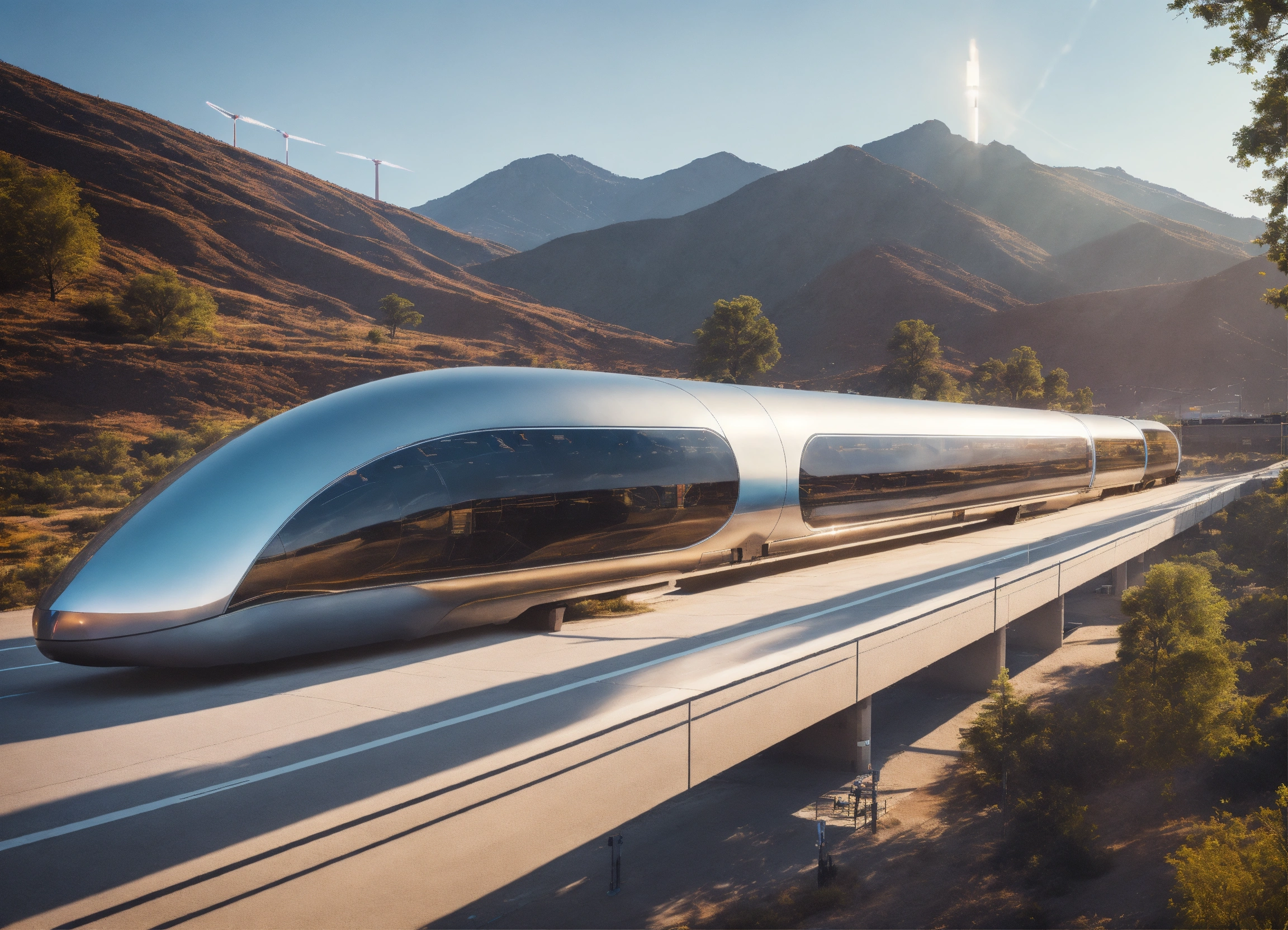In Alberta, proposals to link Calgary and Edmonton via ultra-high-speed tube transportation have captured the public imagination—and stirred debate. What once was speculative futurism is now backed by feasibility studies and nearly US$550 million in private funding. But is hyperloop a viable future for Canada—or just an ambitious drift from reality?
Proposed Route & Performance Potential
Canadian startup TransPod partnered with the Alberta government via a memorandum of understanding in 2020 to explore construction of a hyperloop corridor spanning approximately 300 km. The proposed system could whisk passengers at speeds of up to 600–1,000 km/h, completing the journey in just 45 minutes—compared to more than three hours by car today.
Economic Outlook & Job Creation
The 2021 TransPod feasibility study projected creation of up to 140,000 jobs over nine years during construction and infrastructure development. It also estimated an economic boost to Alberta’s GDP of nearly $19‑$22 billion. Private investment of US$550 million has been secured from investors including Broughton Capital and China‑East Resources, marking a milestone in funding.
Technical & Regulatory Challenges
Transport Canada’s independent review by AECOM cautioned that hyperloop technology remains immature—many core components lack real-world validation. Infrastructure costs are projected to be comparable to airfare, making financial feasibility uncertain. The proposed cost per kilometer has ranged from USD 45 million to over $22 billion total, factoring in stations and support infrastructure.
Public Sentiment: Enthusiasm vs. Skepticism
Online forums like Reddit reveal mixed local sentiment. Some users praise the innovation and potential tourism benefits of a Calgary–Red Deer–Edmonton link; others dismiss it as expensive, unproven “vaporware.” Critics frequently argue a high‑speed train or upgraded rail infrastructure would be a more practical option.
Alternatives on the Table
Parallel proposals favor high-speed rail—not hyperloop—as a more mature and reliable option. Groups like Prairie Link (EllisDon and AECOM) are studying a conventional rail corridor between Calgary and Edmonton estimated at C$9 billion. This model offers speeds above 300 km/h and leverages known technology with fewer unknowns.
Timeline: What’s Next?
TransPod expects test track construction and certification phases between 2022 and 2027, with full line construction proposed to begin in 2028 and beyond. Meanwhile, regulatory hurdles remain—including land acquisition, environmental review, and alignment with Alberta's Railway Act.
Final Verdict: Dream or Reality?
The hyperloop project remains technically intriguing and economically promising on paper, backed by private capital and provincial willingness to explore. But doubts regarding cost, maturity of technology, and public skepticism persist.
If realized, a Calgary–Edmonton hyperloop could reshape intercity travel, catalyze regional economics, and position Canada as a leader in next-generation transit. However, experts warn that a proven high-speed rail system may offer a safer, faster, and more achievable route—especially in a country with extreme climates and vast distances to bridge.
Ultimately, the choice between visionary ambition and pragmatic evolution will define Canada’s transport future. Whether hyperloop becomes a headline or a footnote remains to be seen.
